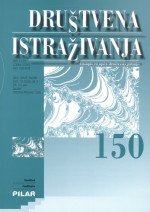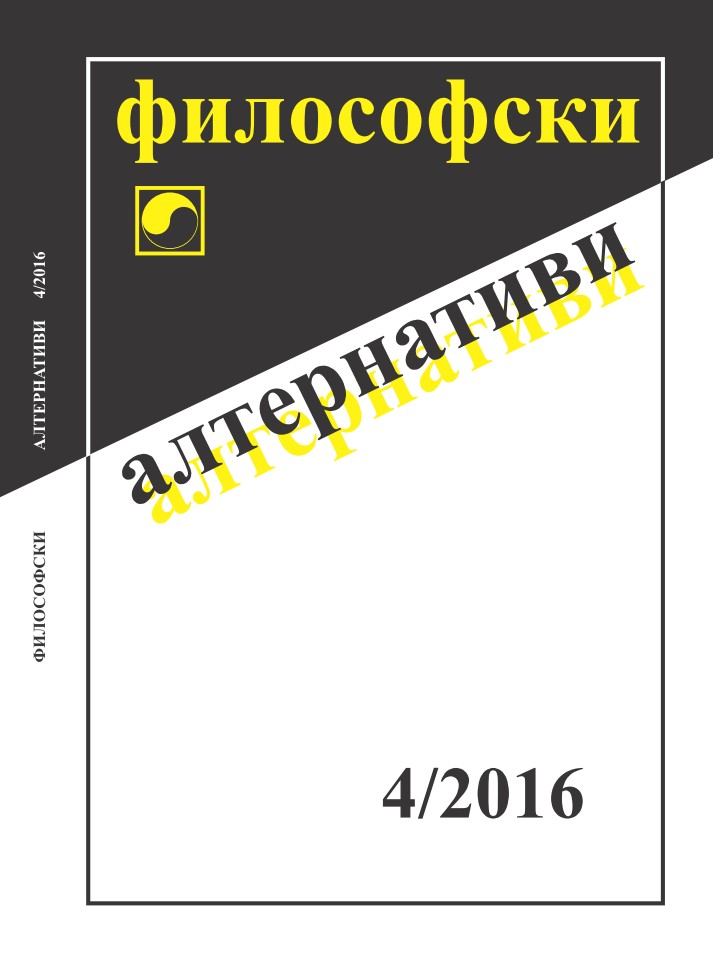
We kindly inform you that, as long as the subject affiliation of our 300.000+ articles is in progress, you might get unsufficient or no results on your third level or second level search. In this case, please broaden your search criteria.

The purpose of this article is to analyze the relations between Russian Federation (RF) and Iran in the Post-Cold War Era in terms of military, security, economic and energy aspects. Firstly, security relations between the two countries are described historically and military relations are discussed briefly. By emphasizing that the relations between two countries were further strengthened due to the Syrian issue which has occupied and will continue to occupy the world agenda especially after 2012, the reasons of this issue are studied in detail. It is stated that the fundamental conflict points are the status of the Caspian Sea and demand of the dominant energy supplier in markets such as Europe, Turkey, and Balkans within the scope of the relations which are open for improvement in the field of economy and energy. It is also emphasized that the RF, which has great contributions to the Iran’s nuclear work, will have benefits but also have some points of concern after the agreement solving the Iran nuclear issue diplomatically, signed in July 2015. Finally, the relations between RF and Iran within the scope of the Shanghai Cooperation Organization (SCO) are discussed. As a consequent, this article claims that the RF and Iran will continue to approach each other in mutual cooperation areas, despite having conflicting interests in the region.
More...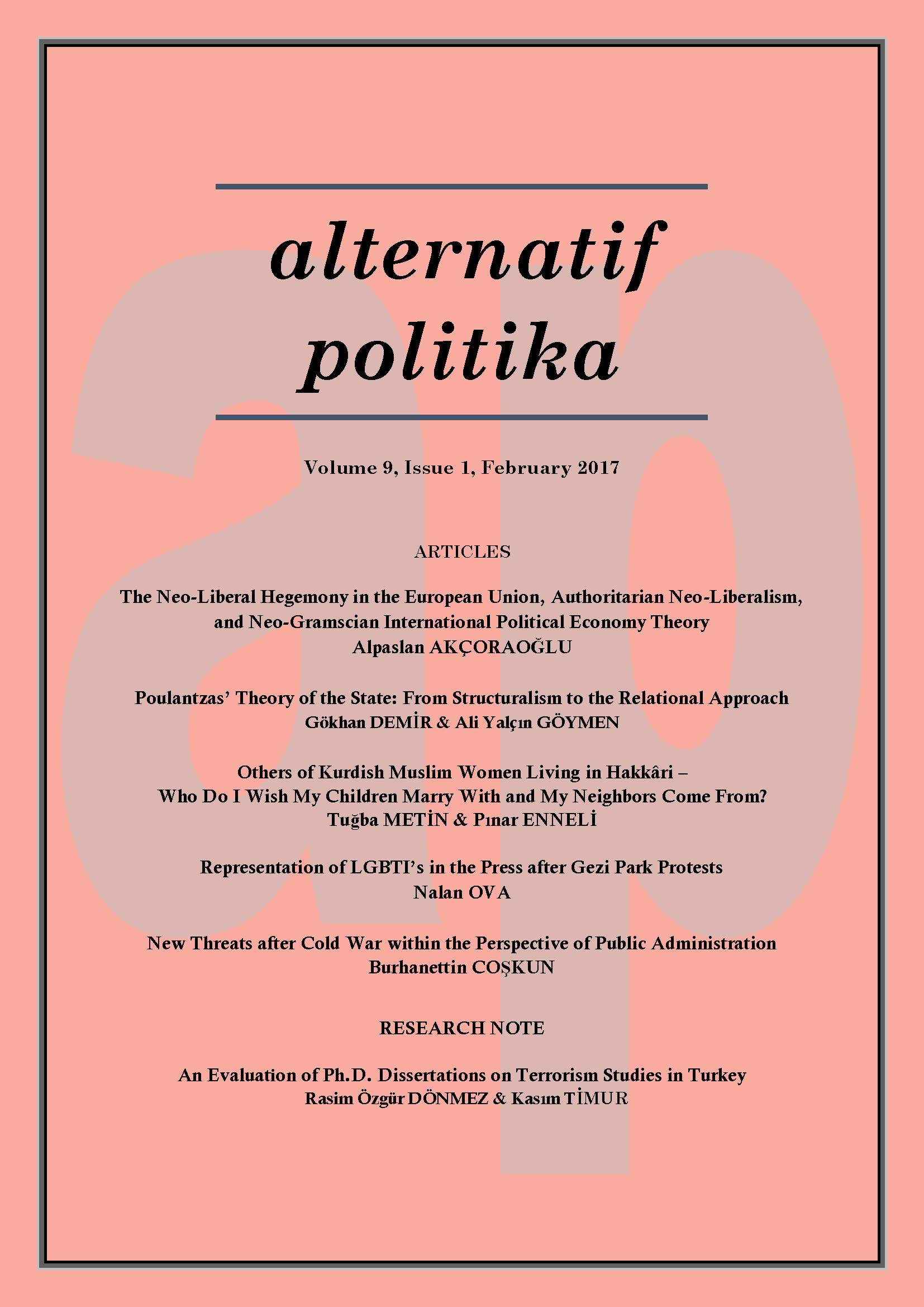
Although neo-liberalism has not been able to offer any lasting solution to the profound economic crisis and long-run stagnation of the European Union (EU), its ideological supremacy (non-hegemonic in Gramscian terms) has still proceeded in the EU. This article reviews the historical evolution of neo-liberal restructuring in the European integration from the perspective of neo-Gramscian International Political Economy (IPE) literature. The majority of the recent critical IPE studies in the political economy of European integration is based on Robert Cox’s “World Order” theory with neo-Gramscian foundations. Neo-Gramscian IPE emphasizes the significance of transnational relations from a historical materialist perspective and perceives that European integration process is the outcome of a struggle between transnational social forces. In addition, this article analyzes the crisis of neo-liberal hegemony in the EU, the changes in the political economy of the EU after the euro crisis, and the model of authoritarian neo-liberalism from a neo-Gramscian perspective.
More...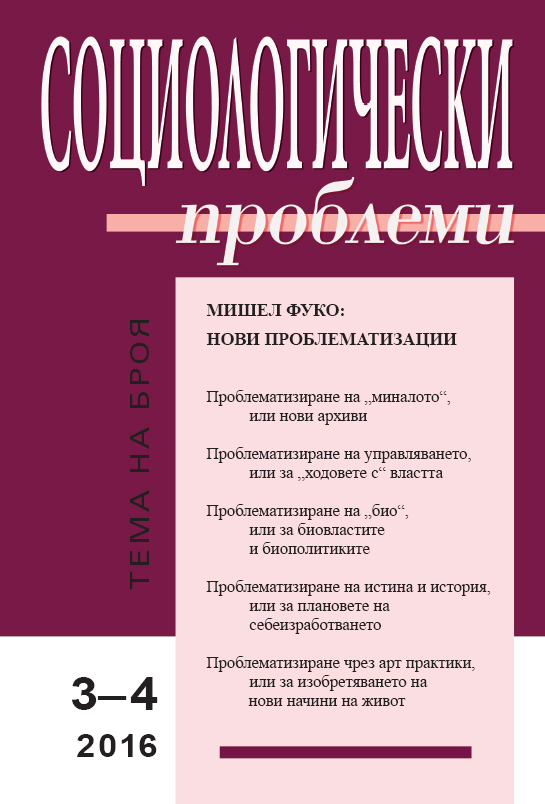
The essay questions the recent wave of authors claiming that Foucault became ‘seduced’ by neoliberal thought and ended up endorsing it. It does so by a thorough examination of two books that makes the claim, but with radically different explanations for the fact that Foucault engaged himself with neoliberalism. By analyzing the textual ‘evidence’ of the proponents of the ‘seduction theses’ the essay shows that its premises are rather flawed. Firstly, the lack of normative denunciations in Foucault’s writing on neoliberalism cannot be taken as an endorsement, but as integral to a specific way of conducting ‘non-normative critique (Hansen 2016). Secondly, Foucault’s supposedly anti-statist position is questionable when one reads his lectures carefully. In fact, Foucault’s explicitly distanced himself an “inflationary” critique of the state, identifiable on the extreme left as well as in neoliberal thought.
More...

This article discusses the concept of “biopower” in the light of Michel Foucault’s courses at the Collège de France, especially his lectures between 1978 and 1980. After having offered a definition of “biopower” and “biopolitics”, I will discuss in more details Foucault’s reading of the great book of the French protodemography Recherches et Considérations sur la population de la France [Researches and Considerations on the Population of France] by Jean-Baptiste Moheau. I will try then to answer the question: Why has Foucault defined this book being “the first great text of biopolitics”? My answer points out that in Moheau the government of the human life is not restricted to a technique of intervention in the vital human milieu; it rather formulates explicitly the principles of a “government of morals” – one that addresses particularly the human reproduction. As a result, it is getting clear that the “biopolitical governmentalization of life” must have already been a response of another project of mastering one’s own body and one’s own descendance – a project that was visible namely by the extension of the contraceptive techniques in the popular milieus in France, starting in the middle of the 18th century. To sum up, my thesis has not been designed as a discussion of the Foucauldian thesis; it is rather an extension of his theorizing on biopower, and it has been made possible namely through the lectures Foucault had done at the Collège de France.
More...
This piece is an edited and abridged excerpt from Chapter Six of Foucault: The Birth of Power, Polity Press, 2017. It discusses the work of the Groupe Information Santé, an activist organisation established in France in 1972 on the model of the more famous Groupe d’Information sur les Prisons. The GIS comprised doctors, sociologists and philosophers, and its most famous member was Michel Foucault. There were many projects that the group worked on, including industrial accidents and sickness, the health of immigrants, and the struggle for abortion rights. Drawing on their publications, pamphlets, archival material and news reports, this piece discusses the importance of the group, especially concerning reproductive rights and sexual politics more generally. One of the group’s key aims was to provide people with free access to information so they could make informed choices. The piece therefore provides another example of Foucault’s involvement in radical activism in the early 1970s, though his was only one voice in the movement and it stresses the collaborative nature of the project.
More...
Author is discussing a problem of social justice by putting an emphasis on the complex relationship between democracy, capitalism and justice. The main idea explored in the article is that within conscious socio-political analysis that puts questions of the way of life and quality of life in its focus and relates these questions to class-based structural questions, the main dilemma is that between democracy or capitalism. Author offers an overview of contemporary debates related to this dilemma.
More...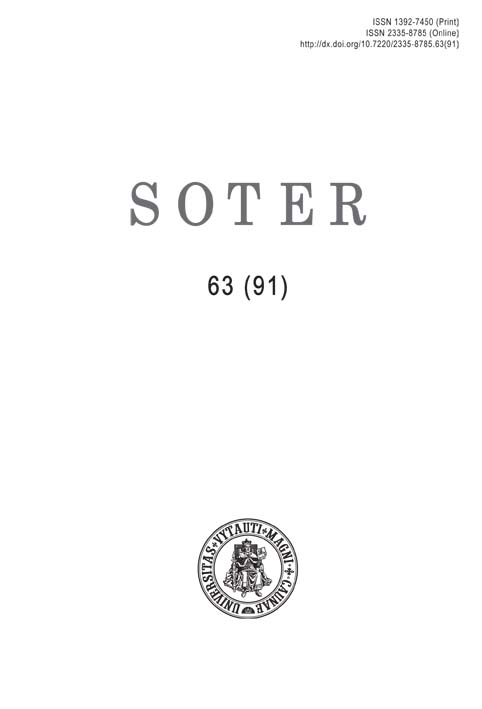
The article describes the metaphysical principle of Thomas Aquinas’ political philosophy, which most adequately translates into the concept of authority. This principle involves the intentional rapport between the human consciousness and the world as created by God, i.e. with the reality per se. Following the concise familiarization with the Thomas Aquinas’ concept of politics, the article sets out the details on how this metaphysical principle helps creating a certain political hierarchy of authorities and how these authorities organize the state. The notion itself of authority and its transformation in the Jewish-Christian context are analysed in particular, as well as the notions of common good and human nature, the criterion of the political power legitimacy, the problem of the relation between the individual freedom and the political authority. The article contrasts the principles of Thomas Aquinas’ political philosophy with the assumptions of political philosophy of the modern times.
More...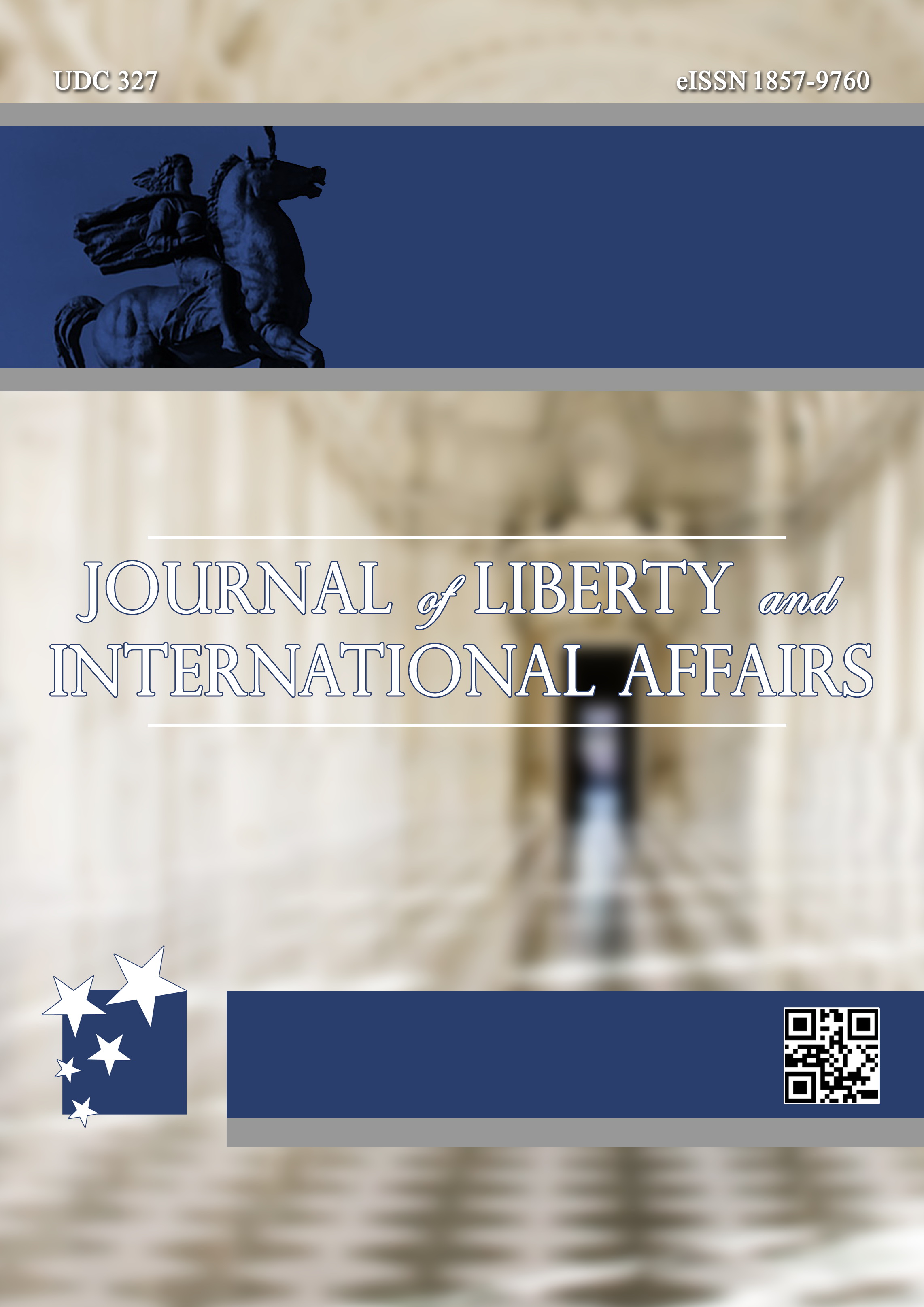
Despite the fact that the notion of a state that contains a specific nation is relatively new, most societies tend to perceive their national origins as an indisputable historical fact. This paper tries to understand the reasons that make rational individuals and groups of people believe in the irrational claims of national identities and national pride. As political discourse is the main source of these claims, this paper analyses the nature of that discourse and the way it manages to coin essentially contested concepts that are acceptable by the public. Subsequently, the paper delves into the mechanisms in which the human cognitive apparatus interprets discourse, and the reasons that make it vulnerable to deception. Additionally, the paper revisits notions like nations and states to prove the fact that there is no direct relationship between belonging to a state and feeling national pride. Eventually, the paper tackles the main psychological attributes that interfere to make rational individuals and groups abandon their rationality to believe in purely sentimental political notions.
More...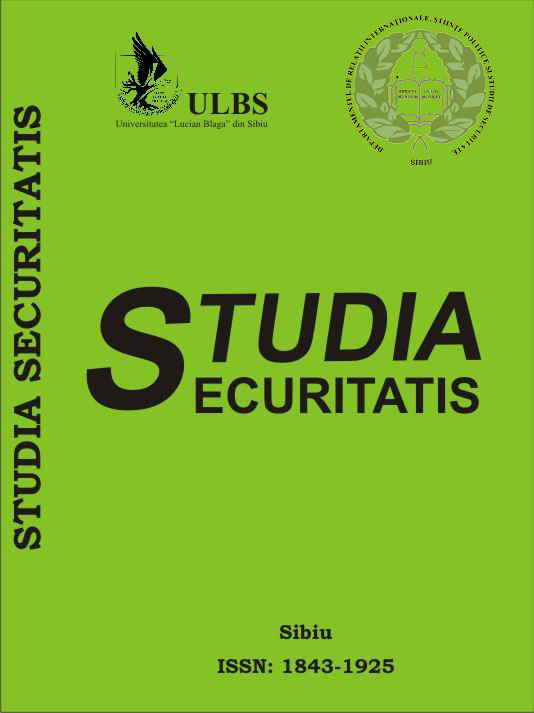
The election of the American President Donald Trump and the defining of the US strategic vision, Russia’s actions in the international arena, China’s bigger and bigger weight as well as EU’s crisis create an unpredictable and dynamic environment. This environment requires not only strategic repositions, but mostly conceptual redefinitions. Therefore, can we discuss about a reaffirmation of pure realism in international relations? Was it always like this – or, from ideological reasons, the society refused to accept it?
More...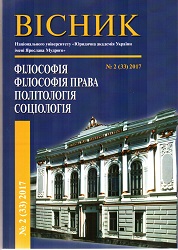
Awareness of the complexity of the interaction between the army and society led to the creation of a number of modern concepts of interpretation of this interaction. In the most general logical and epistemological analysis of these concepts can be divided into two major classes: first class – attribute concepts that focus on the army as an attribute of society; second grade – relational concepts that focus on the interaction between the army and society in terms of relations elementary and complex communicative level. The attribute concepts, in turn, can be divided into systemic and structural and functional, synergistic, instrumental power and potential and volitional concept. Systemic and structural and functional concepts are associated with the identification of a complex systemic structure of society, that is, the aggregate of relations between the elements of the whole, preserving their stability under various kinds of transformations and changes and determining the role and place of each element, its functions in the life activity of this system (structure). Synergetic concept focuses on cooperative, coherent and self-consistent processes that occur in complex nonlinear systems, updates the first such aspects as self- organization, non-linearity, openness, fluctuations dissipative structures, structure-attractors and others. Instrumental and power concept focuses on methods of mass society and achieve social outcomes. This approach is instrumental function updates the army and army considers the nature of the interaction of society and in view of the power functions of the army, the need to ensure its normal functioning of society. Potentially and willed concept out of primate volitional component in the analysis of the interaction of the army and society.The relational concepts of interaction between the army and society interpret this process through the prism of social relations. Within the framework of the relational approach, behavioral, integrationist, communicative and poststructuralist concepts are distinguished. Behavioral concepts reduce the whole variety of the process of interaction between the army and society to the relations between them at the macro-, meso- and micro- levels. Interactions concept of considering the whole process of interaction between the army and the society as a special relationship, which act as a way to share resources between the subjects of social action or asymmetric interactions with the change of actors, roles in the distribution of zones of influence, as well as a kind of «stabilizer» in the total system of social relations, which provides a means of conflict management that constantly arise over the distribution and redistribution of material, human and other resources, social harmony and political consensus. Communication concept considering the process of interaction between the military and society as a hierarchic and multiply mediated mechanism of communication between the actors of social reality that is unfolding in the social field and space communications. Poststructuralist conception of the process under consideration army interaction and society, not just as the relationship of subjects, as well as a kind of modality of communication, that is, «long-term relationship», impersonal because his subjects are in every moment to stress the lines and proportions of mutual forces that are constantly changing .These concepts reflect different approaches to the analysis of the interaction between the army and society, identify trends and principles of cooperation, possible ways of harmonization within the dominant pattern of a concept. However, the holistic concept of interaction between the army and society can be created only examined the characteristics of this interaction in all spheres of life (economic, social, political and spiritual).
More...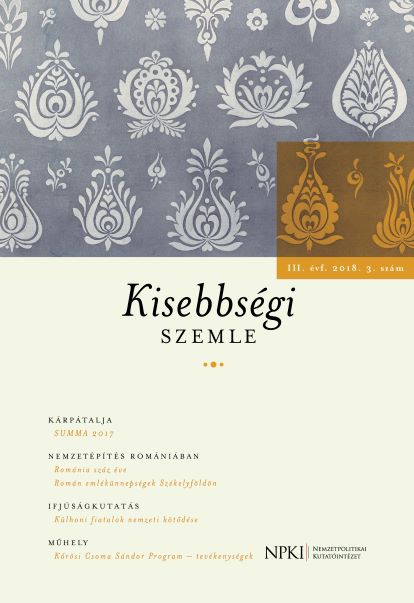
Romania is now celebrating 100 years since the formation of the modern Romanian state. This formation was, in fact, an until today uncleared unification of two nationbuilding processes. In Transylvania took place a Romanian nation building starting from the emergence of the Romanian intelligentsia of the Greek Catholic Church. It was a civil society based non-state national awakening, described by Miroslav Hroch for several Central European peoples. On other hand, in the Old Romanian Kingdom an other sort of nationalism was launched during the second half of 19th century. Its course can be described as a bureaucratic unification of several smaller territories or provinces, according to the example of the Italian unification in the same time, and described by Michael Hechter in his concept on state-formation nationalism with an stressful bureaucratic character. After 1920 the model of the bureaucratic unification was extended to the Great Romania and this process became determinative for the today character of the Romanian nationalism.
More...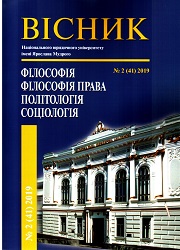
Problem setting: The meaning of ideology in modern society does not need any validation, but the question of its forming remains extremely relevant. XXI century realia pushes to find new interpretations in traditional approaches. Views of S. Zizek unconscious preconditions of ideology are worthy of special analysis.Recent achievents and publications analisys. The problem of correlation between conscious and unconscious in symbolic activity has been repeatedly brought up in the works of authors who chose postmodernism as a methodological paradigm in their research. Many of them had continually undertook attempts to deconstruct the ideology phenomenon. The originality of S. Zizek research is in the use of Lacan’s version of psychoanalysis as an instrument for his research.Paper objective. Main objective of the following paper is to uncover the possibilities of uncounscious in phenomenon of ideology realization.Paper main body. In the following paper the establishing and functioning of ideology in the perspective critical to Marxism ideology is examined. The use of psychoanalytical approach as a methodological guide becomes extremely popular in many fields of knowledge. The works of S. Zizek make readers see the problem of ideology from different viewpoint, constructively criticize the established approaches, and detect heuristic possibilities of psychoanalysis use in this field.As opposed to methodological orientation of postmodernism, Zizek in his analysis ensures consistency with Marxism and German classical philosophy; he even states the necessity to rehabilitate Hegel and his dialectics. He believes that psychoanalytical interpretation of ideology reestablishes the concept of thinking to be a real process, without concentration on the world of subjective individual. He sees Marxism as a teaching to study and explains fetishistic forms of consciousness, categorizing ideology as its intellectual variation. Ideology is something bigger than a false reflection of reality. In the case of ideology, reality distortion is possible only because human individuals in their practical work unconsciously create and cultivate this kind of distortion. The mere existence of social reality is based on the fact, that individuals to reproduce this reality are not fully aware of the content and consequences of their actions.Psychoanalytical interpretation of ideology studies social practices and socially sustained beliefs as something derivative from subjective inner appetence of an individual. The most important objective of psychoanalytical criticism of ideology is to bring the ideological consciousness to the point where it can distinguish distorted products of projective activity in its own life. Psychoanalytical criticism of ideology should answer the question of what the symbolic order should be. It should be social reality constituting to save body and spirit health of individuals creating this reality.Conclusions of the research. The psychoanalytic interpretation of the phenomenon of ideology reveals that the connection between the values postulated by a particular ideology and the scientific argumentation used to substantiate these values is purely formal and optional. Scientific constructions, which are used by ideology, only «hide the excess pleasure inherent in any ideological form». The ideological construction is intended to hide behind rational arguments a thought that is destructive for the entire social system, that the goal of ideology is ideology itself, that the purpose of authority is authority itself. All rationalizations are only a by-product of the ideology’s desire for self-sufficiency. The conclusion is absolutely obvious: it is senseless to approach the analysis of any ideology from the side of its content. There will always be a gap between the declared values and the nature of the ideological form, which cannot be overcome by any rational analysis.
More...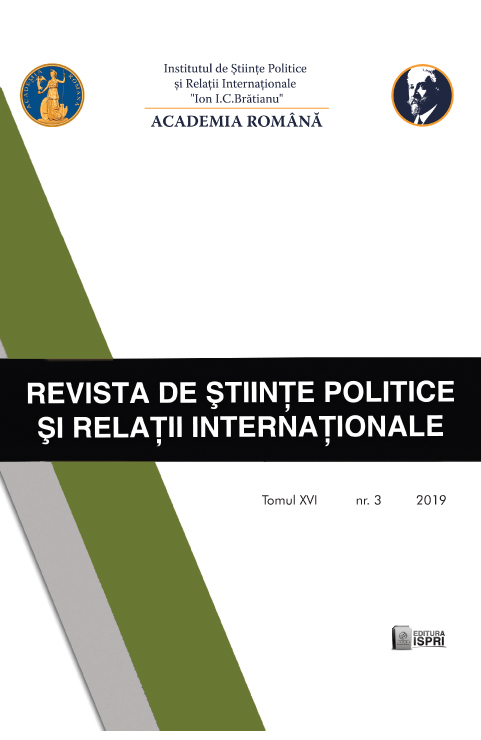
The statesman term is often used in the political and social sciences as well in the public speeches. But what does the term statesman means? There are few authors who have offered conceptual definitions of the term. This is, probably, why the confusion spred so often in the public space about by the today’s politicians that, when they hold a state office, it is considered that they have automatically became the statesmen. That’s not true. We will stop in this article on the conceptual meaning of the statesman term, as it was defined in the political and social sciences and then we will exemplify its applicability to the personality of Ion I. C. Brătianu.
More...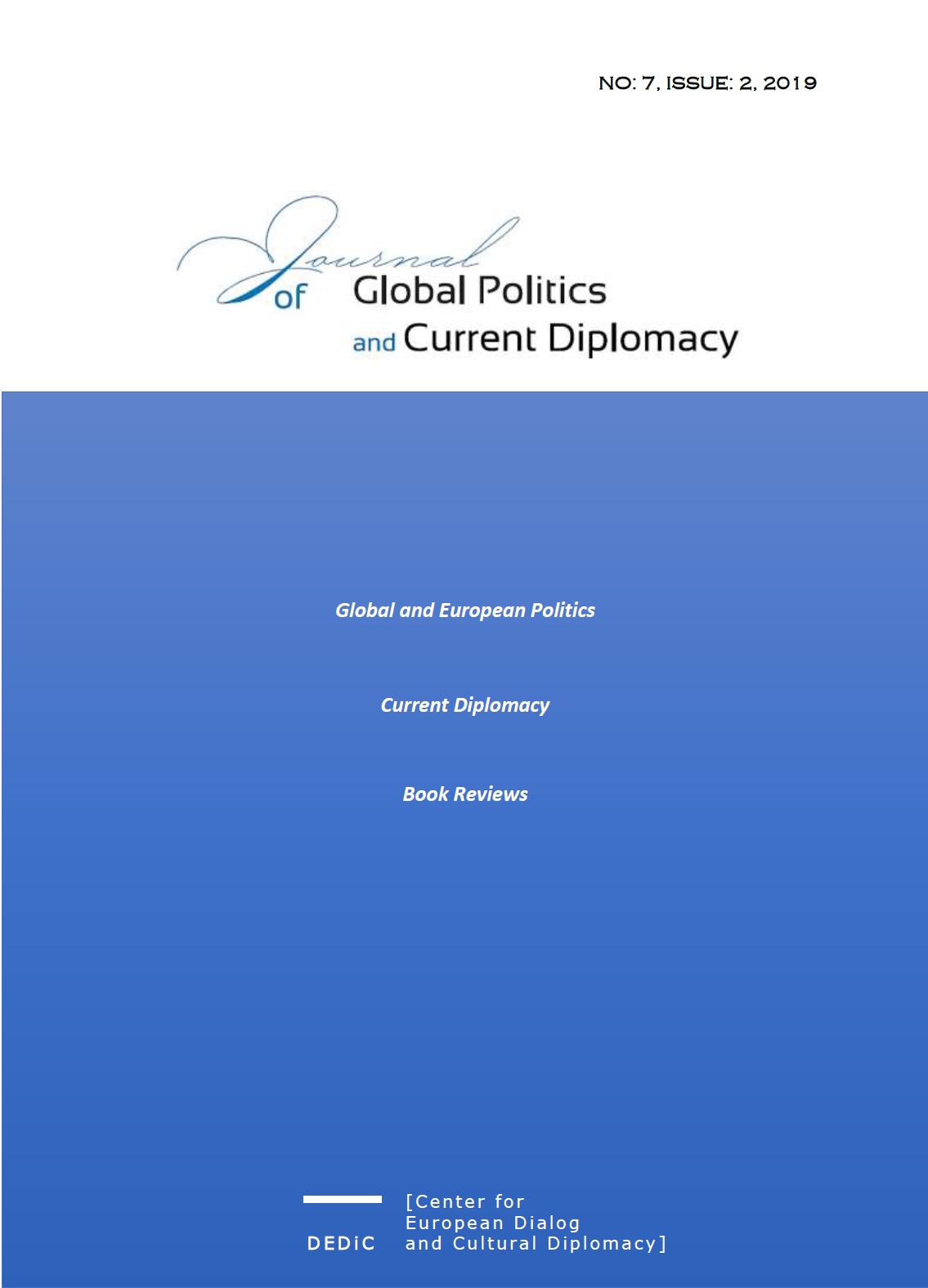
Hardly, a researcher of the European integration process is able to comprehend the whole mechanism of the European Union decision-making. There are many actors involved in this construction and they play such a different role that often it is impossible to match their interests. In a dialectical approach of agent-structure logic the last question is Who shapes the European Union? In the last two decades, the Court of Justice enjoys increasing attention from researchers of the EU integration. Two Professors of Law at American University proposed a new approach of the CJEU impact on the EU integration process.
More...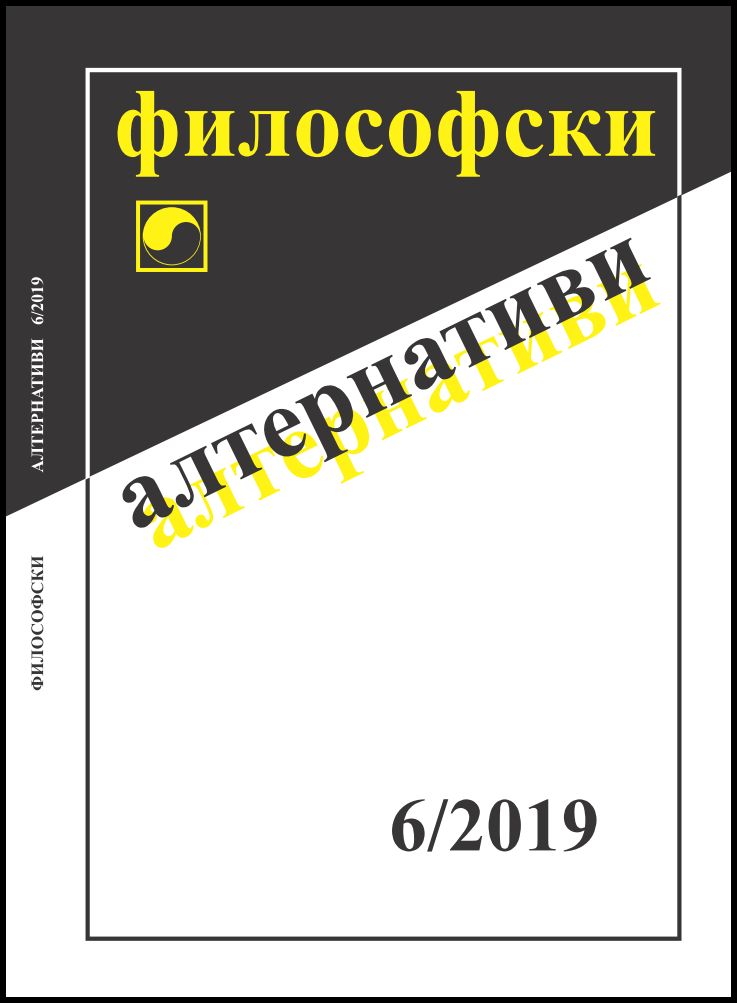
The article examines the basic principles of John Rawls’ theory, which not only explores the problems of justice, freedom, and equality, but also attempts to revise liberal teachings in following the work of such prominent representatives of socio-philosophical thought as Thomas Hobbes, John Locke and Jean-Jacques Rousseau. The article presents John Rawls’ views on a number of key concepts of liberal theory, such as “natural state”, “civil society”, “negative and positive liberty”, “political society”. It is underlined that Rawls examines justice not only as a theoretical concept but also in the context of the activities of major public institutions. The concept of practical reason, which is fundamental to the acceptance of the principles of justice as a basis of public interaction, is analyzed.
More...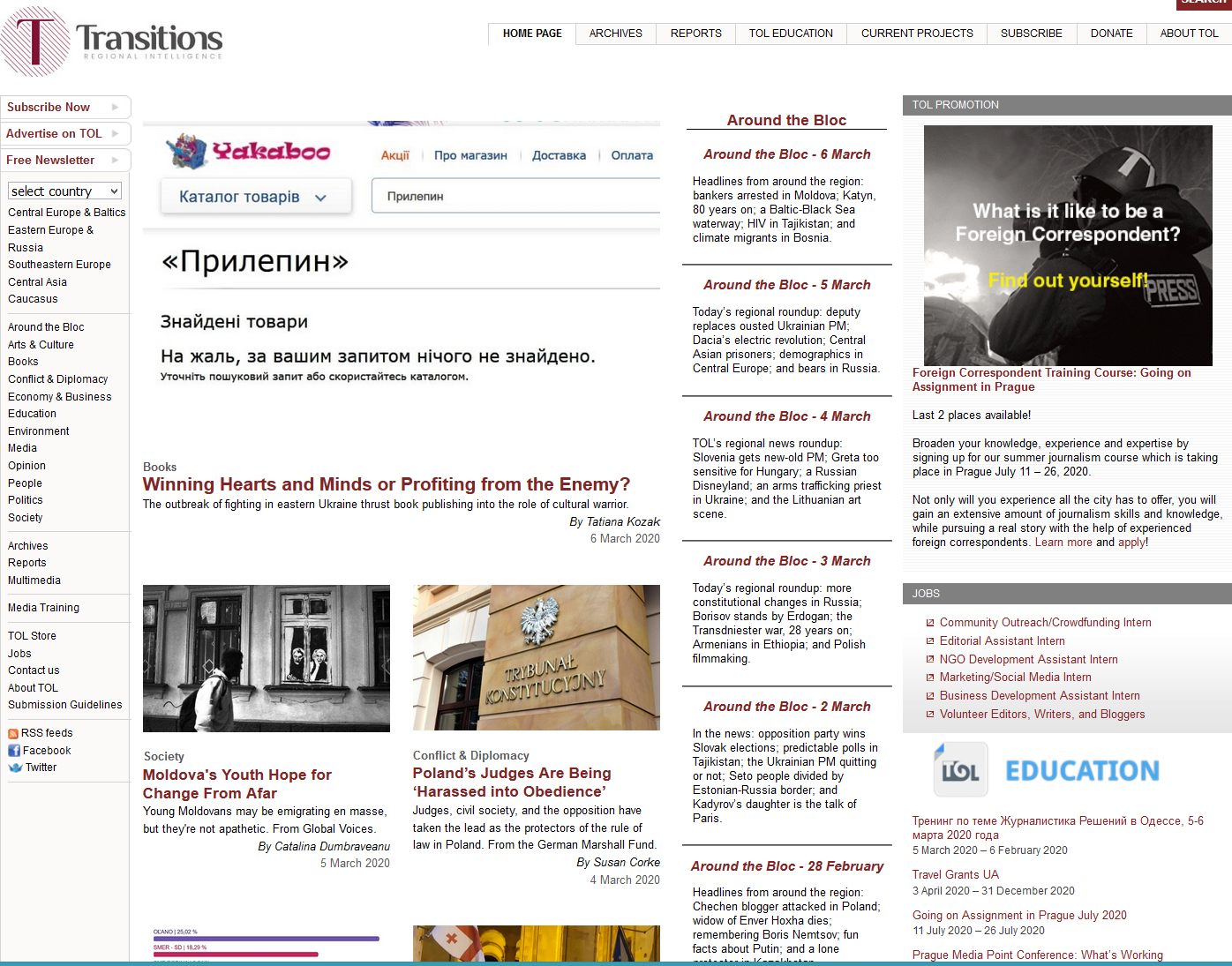
What will liberal politicians do after once again being left out in the cold, this time in Slovakia?
More...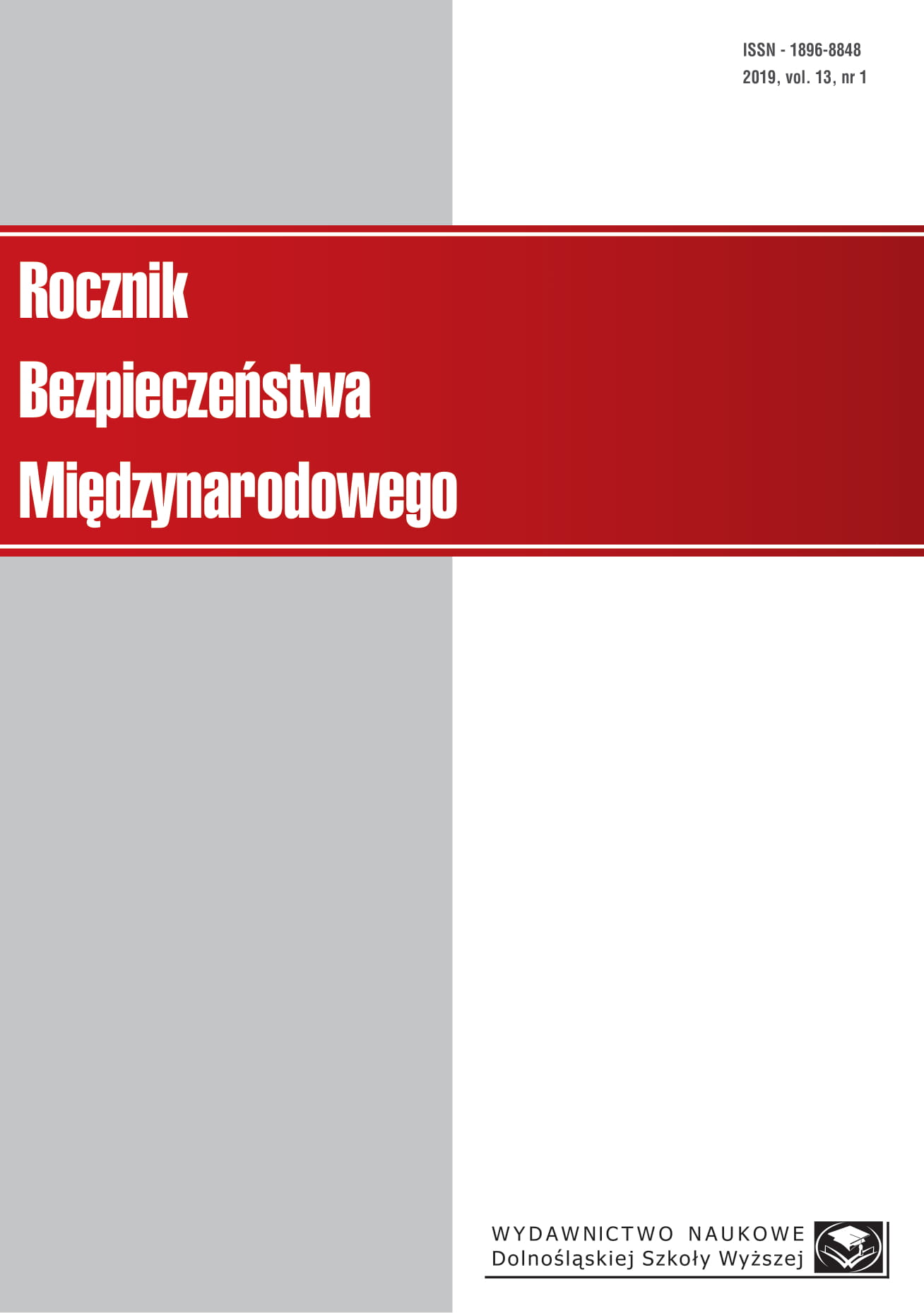
The article is focused on the postmodern paradigm and its uses in research on European international relations. It shows how postmodernism is understood in philosophy and how it can be adopted by political science methodology. Although, All aspects – positive and negative – as each paradigm postmodernizm can’t be used to every kind of analysis. As a result of European philosophy and based on the European background, the postmodern paradigm seems to be the most suitable for European state research. That’s why the suggestion included in the text is described in the context of this kind of issue.
More...